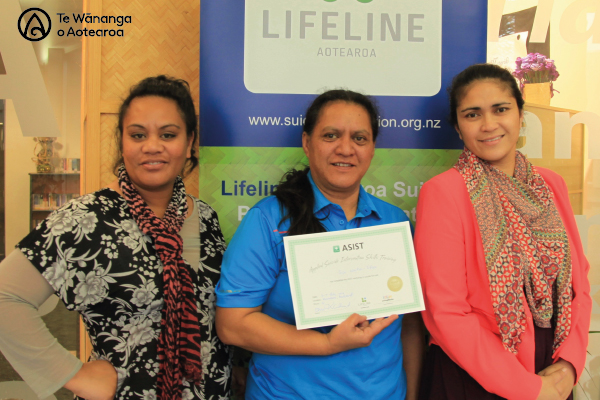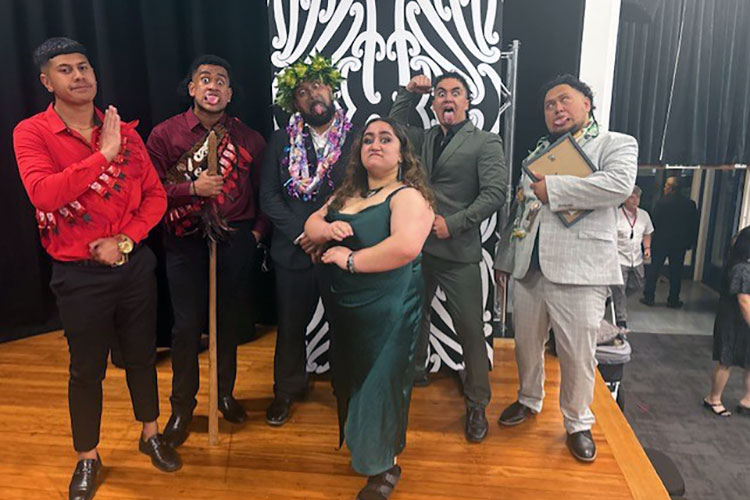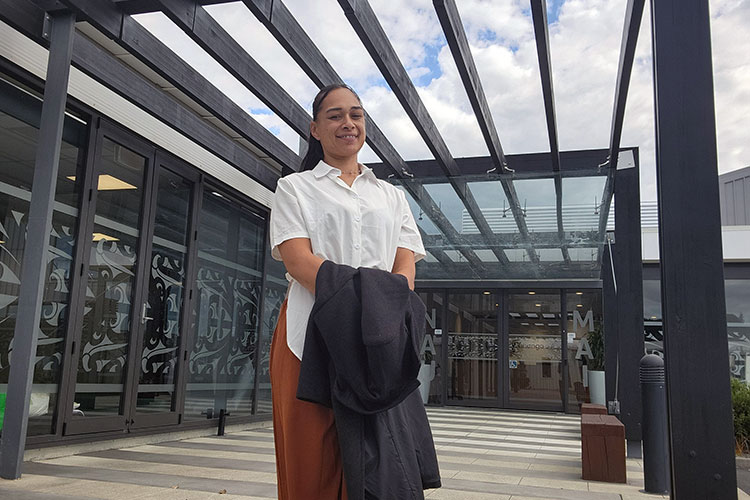From left: Kayte Godward, Sipi Waitai-Ifopo and Caroline Westerlund-Wilson.
A Kaitaia youth worker says she felt “kicked in the gut” when she completed a two-day wānanga learning how to recognise and support people at risk of suicide only to learn another young person had taken their own life.
Sipi Waitai-Ifopo says the sad outcome proves the importance of the Applied Suicide Intervention Skills Training (ASIST) programme she undertook.
“In the last couple of months, we've already lost three young people connected to our tauira,” she says.
“He tino taonga te oranga, we can't delay any more, there's a need for this valuable mahi. Our communities are a high risk concern.”
ASIST teaches participants to recognise people at risk of suicide and gives them the tools to work with them to create a plan that supports their safety.
Facilitators Kayte Godward and Caroline Westerlund-Wilson, have given more than 1000 participants in the course the tools to carry out this life-saving intervention - dubbed ‘Suicide First Aid’ – and says Te Wānanga o Aotearoa is the only tertiary institution which has embraced the programme.
“If more universities put the physical and emotional needs of their tauira first, we'd have a much better chance at reducing the statistics,” Kayte says.
“Unfortunately, they're just not as proactive and I don't know why. It's always a privilege to work with people who are passionate, open and keen to learn and the kaimahi here want to make a difference because they care. They want to see people live life.”
Kayte, who has delivered the programme throughout all the takiwā, says she does so because the evidence of its success is overwhelming.
A 2013 study found that callers to suicide helplines who spoke with ASIST-trained counselors were 74 percent less likely to be suicidal after their call, compared to those who spoke with other counsellors trained in different methods.
“There are a lot of programmes that are helpful to helpers,” Kayte says.
“But this is the only programme that can also benefit those who are also at risk themselves.”
ASIST training helps to increase the participant’s awareness and build the confidence required to help save a life. The programme usually begins by looking at the various beliefs and attitudes participants hold around te mate whakamomori.
Since 2011 there has been a shift towards suicide awareness programmes and although that's been good, the ASIST programme “helps keep people safe,” says Caroline.
“The more of us being the eyes and ears of the community, the more we can help the people in need,” she says.
ASIST is a global initiative provided nationally through Lifeline Aotearoa - an organisation that delivers mental health and community helpline services.
If you or someone you know wants to find an ASIST-trained counsellor in your takiwā, contact student support services or call 0508 TAUTOKO.




































